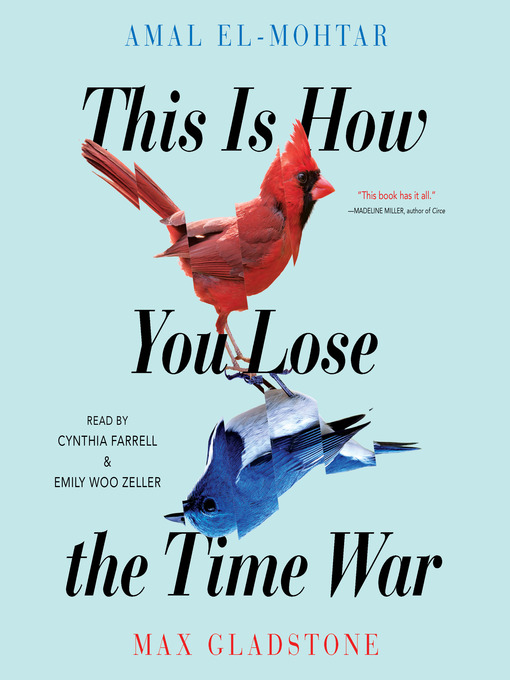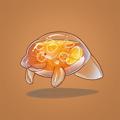KnitAFett reviewed This Is How You Lose the Time War by Amal El-Mohtar
Too much, but also not enough.
3 stars
This was enjoyable overall. A love story unfolds amongst two rivals who are trying to destroy and revive the world respectively. It starts with little taunts left in unusual letters and blossoms into more as the story progresses. I found myself genuinely entranced with the characters and caring about their outcomes. The ending was not exactly expected so it took me by surprise a little.
The main reason I can't rate it higher is because of the world-building. There was both too much and not enough world-building going on. Too often I found myself confused and unable to track what was going on in the background. Once the story ramped up, it didn't matter as much because the information wasn't being handed out as much unless it directly affected the characters. I feel like if the world had been hashed out a little more, or even a little less, I …
This was enjoyable overall. A love story unfolds amongst two rivals who are trying to destroy and revive the world respectively. It starts with little taunts left in unusual letters and blossoms into more as the story progresses. I found myself genuinely entranced with the characters and caring about their outcomes. The ending was not exactly expected so it took me by surprise a little.
The main reason I can't rate it higher is because of the world-building. There was both too much and not enough world-building going on. Too often I found myself confused and unable to track what was going on in the background. Once the story ramped up, it didn't matter as much because the information wasn't being handed out as much unless it directly affected the characters. I feel like if the world had been hashed out a little more, or even a little less, I would have found it a lot more enjoyable.
Admittedly, it might also just not be a good one to listen to on audiobook, which is what I did. I found it enjoyable enough that I might see about revisiting it in the future and reading a physical copy to see if it's easier to track what's going on and understand it better.
















